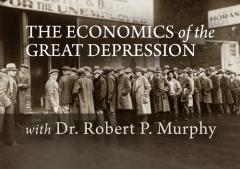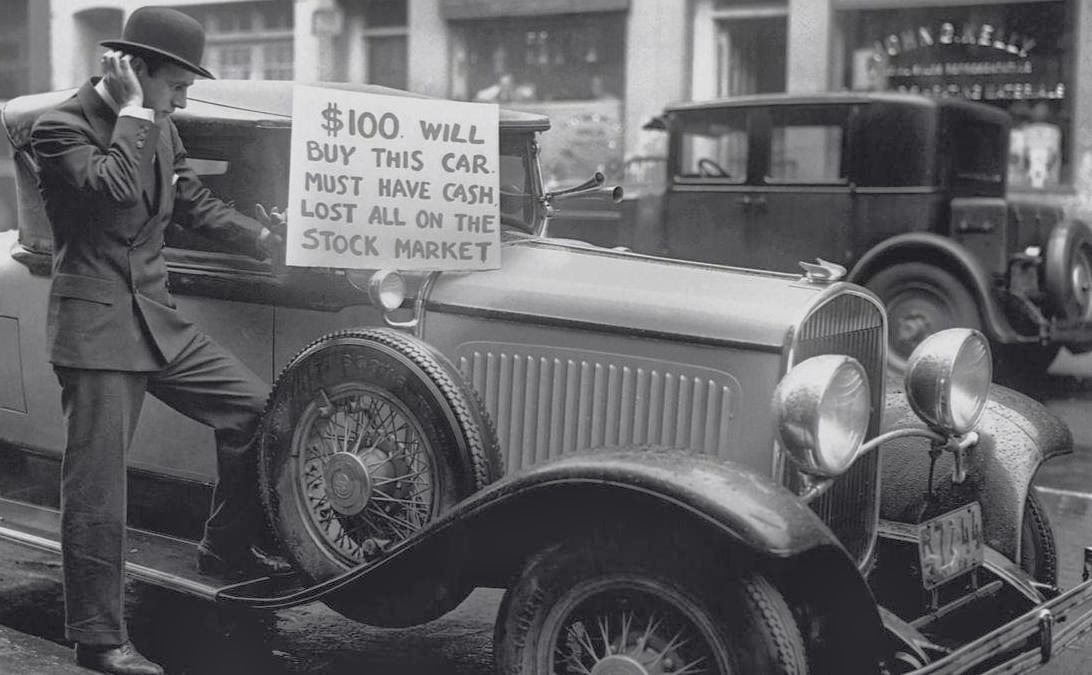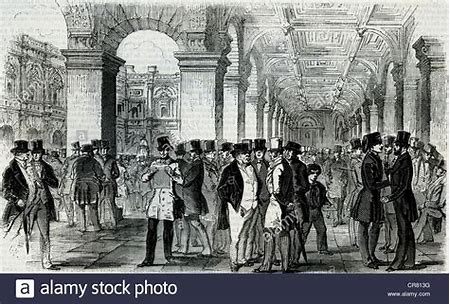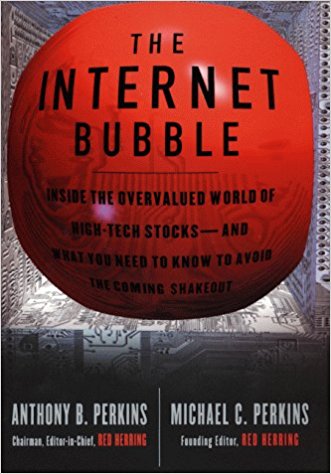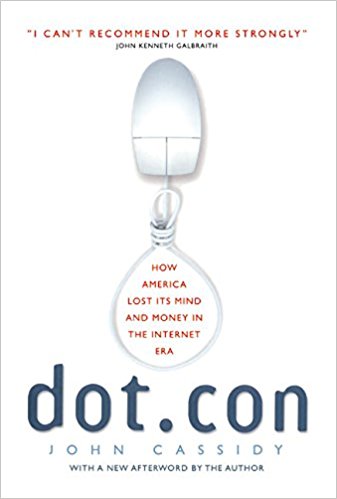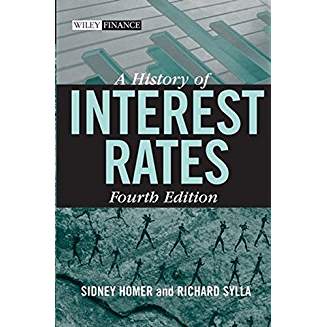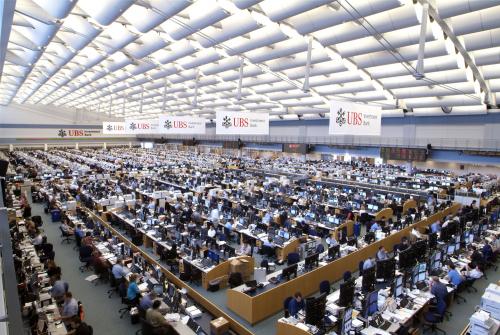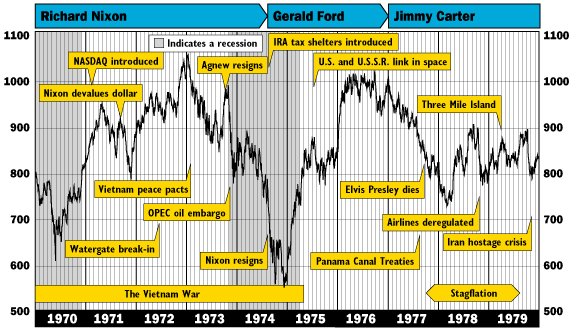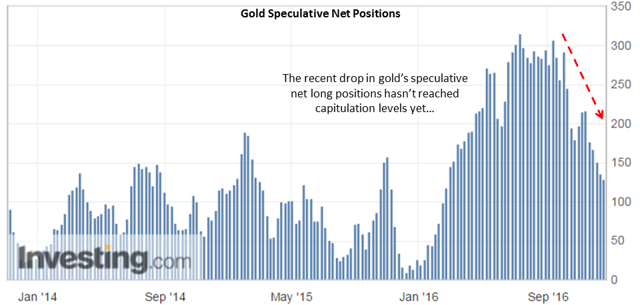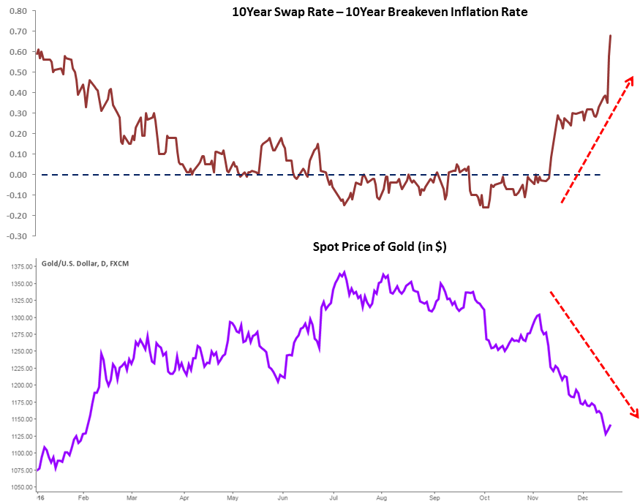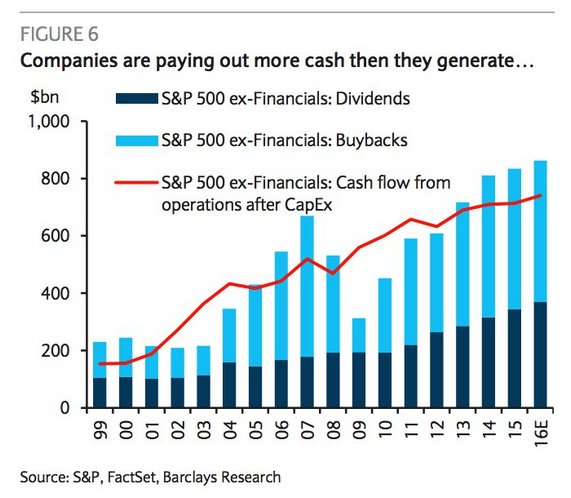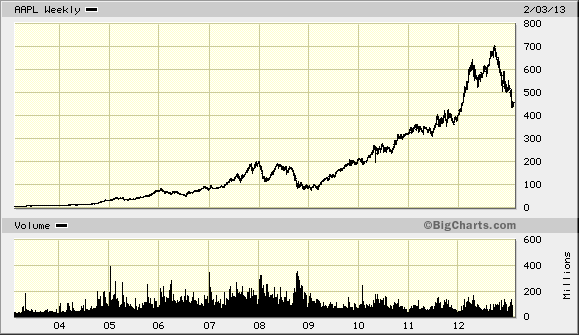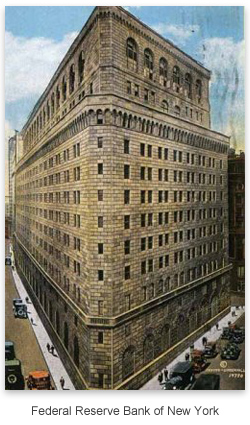If you study history or companies, always seek to read original documents. Read the actual speeches, the annual reports, the proxies rather than rely on what a reporter, analyst or your history teacher says about a historical event or company. Read for yourself. Note in a prior post, http://csinvesting.org/2011/09/21/learning-the-importance-of-studying-history/ Buffett studied the Great Depression by sitting in the Columbia Business School library reading through the newspapers of that period including the ads!
I learned in ninth-grade American history class that the American Civil
War (1861-1865) was started over the issue of slavery. As a good little boy, I
regurgitated back the facts and received an A in history. Twenty years later, I became a fanatical Civil War buff and perused everything I could on that period. What I learned shocked me; I was bamboozled as a kid. I was not taught the true reason for the start of the Civil War which led to about 650,000 killed and millions more maimed. The Civil War was one of the defining historical events in U.S. history and its effects linger to this day.
Read Lincoln’s First Inaugural Address at the link below:
http://showcase.netins.net/web/creative/lincoln/speeches/1inaug.htm
If you were living in any of the southern states in 1861 and you read or
heard Lincoln’s speech, what would you think and feel? Remember that the Southern states were primarily exporters of cotton and other agricultural goods to the Northern states and Europe. What then started the Civil War? As history teaches over and over again, once war erupts, ending war is difficult.
I place my interpretation below along with historical context, but do not
read it until you form your own opinions based on the document you have read. Where do you disagree with my interpretations?
Defense of Slavery
The first point President Lincoln made was to defy anyone to find any evidence in any of his speeches or statements that he ever had any intention at all to disturb Southern slavery. He pledged his undying support for the protection of southern slavery, and said that it would be criminal
of him to not do so. In his own words, he quoted from an old speech of his: “I
have no purpose, directly or indirectly, to interfere with the institution of
slavery in the States where it exists. I believe I have no lawful right to do
so, and I have no inclination to do so.”
Furthermore, he said, the Republican Party was certainly aware that he did not favor interfering with Southern slavery when it nominated him. “Those who nominated and elected me did so with full knowledge that I had made this and many similar declarations and had never recanted them.”
To make the point even more forcefully, Lincoln quoted the Republican Party Platform plank which pledged the defense of southern slavery: “Resolved, That the maintenance inviolate of the rights of the States, and especially the right of each State to order and control its own domestic institutions according to its own judgment exclusively, is essential . . . and we do denounce the lawless invasion by armed force of the soil of any State or Territory, no matter what pretext,
as among the gravest of crimes” (emphasis added). “Domestic
institutions,” of course, meant slavery.
“I now reiterate these statements,” Lincoln then announced to the world. He next pledged his “cheerful” enforcement of the constitutional protection of slavery, including the Fugitive Slave Act. He mentioned that all members of Congress swore an oath to obey the Constitution, which included the Fugitive Slave Clause, and proposed that a law be passed to further codify the responsibility of the federal government to see to it that runaway slaves were “delivered up” to their owners, as he put it. Such a law, he said, would command
unanimous support. (Keep in mind that, on the day of Lincoln’s first
inauguration, the seven states of the lower south had seceded and their
senators and representatives had left Washington). The overwhelming majority of Congress was composed of northerners who, Lincoln was sure, would unanimously support the stronger enforcement of the Fugitive Slave Clause.
Indeed, just two days earlier the Northern-dominated U.S. Senate passed a proposed constitutional amendment that would have forbidden the federal government from ever interfering with Southern slavery. This “first thirteenth amendment” read: “No amendment shall be made to the Constitution which will authorize or give to Congress the power to abolish or interfere, within any State, with the domestic institutions thereof, including that of persons held to labor or service by the laws of said State’ (U.S. House of Representatives, 106th Congress,
2nd Session, The Constitution of the United States of America: Unratified Amendments, Document No. 106-214, presented by Congressman Henry Hyde (Washington, D.C.: U.S. Government Printing Office, January 31, 2000).
This amendment had passed the Northern-dominated House of Representatives on February 28, 1861. Two days after the amendment passed the Senate; Lincoln pledged his support for it in his first inaugural address: “I understand a proposed amendment to the Constitution . . . has passed Congress, to the effect that the Federal Government shall never interfere with the domestic institutions of the States, including that of persons held to service. To avoid misconstruction of what I have said, I depart from my purpose, not to speak of particular amendments, so far as to say that, holding such a provision to now be implied constitutional law, I have no objection to its being made express and irrevocable” (emphasis added). Coming from the president of the
United States, this was a much stronger defense of slavery than was ever made by John C. Calhoun or any other southerner.
Higher Tariffs Imposed
On the same day that the U.S. Senate passed this “first thirteenth amendment,” President James Buchanan signed into law the Morrill Tariff, which more than doubled the average tariff rate. The U.S. House of Representatives had passed the bill during the 1859—60 session, long before Lincoln’s election or the secession of any southern state. It received only one vote from a congressman from one of the states that would eventually secede (Tennessee).
Lincoln was a protectionist for all of his political life; he owed his nomination to Pennsylvania protectionists; told a Pittsburgh audience two weeks before his inaugural that no issue — none — is more important to Congress than raising the tariff rate; and would further raise the tariff rate ten times during his administration. He was also aware that the last time the Whigs — which by then had been politically morphed into Republicans — attempted to double the average tariff rates, South Carolinians nullified the tariff, refused to collect it, and forced President Andrew Jackson to compromise and lower the hated 1828 “Tariff of Abominations.” Lincoln, however, was not about to back down as Andrew Jackson had done. On the issue of slavery, he was one hundred percent accommodating, even going so far as to support the enshrinement of southern slavery explicitly in the Constitution. But on the issue of tax collection he was one hundred percent uncompromising. “Pay up or die,” he essentially told the South. Not in these exact words, but any Southerner might have taken that meaning.
Here’s what he actually said: “[T]here needs to be no bloodshed or
violence, and there shall be none unless it be forced upon the national authority.” And how might it be “forced”? Failure on the part of any state to collect the newly doubled tariff, that’s how. After stating that he assumed the power to “possess the property and places belonging to the Government,” he said he was also obligated “to collect the duties and imposts; but beyond what may be necessary for these objects, there will be no invasion, no using force against or among the people anywhere.”
The Confederates had offered to pay for any federal property on southern soil (federal forts were there for their protection anyway), as well as their share of the federal debt. Lincoln refused to even discuss this with them. Fully 95 percent of all federal revenue came from tariffs in 1860, and with the southern states seceding a large portion of that amount would go uncollected. The seceded states were not about to send any checks to Washington, D.C. Fail to pay the doubled tariff tax, Lincoln said, and there will be an invasion. He would not back down to the South Carolina tax resisters, as Andrew Jackson did. (Two weeks after Fort Sumter, where no one was wounded or killed, Lincoln announced a naval blockade of the southern ports and gave only one reason for it: tariff collection).
Compared to Today
This would be the equivalent of President Obama saying, “My fellow Americans, we have decided to double everyone’s federal income tax rate. And if you refuse to pay, federal soldiers will be sent en mass to make you pay, burning out your homes and destroying your cities, towns, business and farms if necessary.” The south refused to pay, and Lincoln kept his word, launching a full-scale invasion of all the southern states and waging total war on them for four years, eventually killing 300,000 of them out of a population of approximately 9 million. This was three percent of the southern population. Standardizing for today’s population of
roughly 300 million that would be the equivalent of 8,800,000 American deaths.
States Joined the Union Voluntarily, But Forced to be in Perpetual Union?
Lincoln proclaimed that the Union, which he always spelled with capital letters, was “mystic.” This was a surprise to most Americans at the time, who believed that the union was voluntary and not mystical and perpetual. Indeed, when the Constitution replaced the Articles of Confederation and Perpetual Union the words “perpetual union” were dropped and appear nowhere in the Constitution. This sudden insistence on keeping the union, which was in reality a compact of the free, independent, and sovereign states, intact at any price, only makes sense in light of Lincoln’s statements and actions regarding the tariff. Slavery was
more secure in the union than out of it, as both the abolitionist William Lloyd
Garrison and Confederate Vice President Alexander Stephens publicly admitted.
But the union needed to be kept intact if sufficient taxes were to be collected for success of the Republican Party in fulfilling is 1860 Platform promise of massive corporate welfare spending on the railroad corporations and road-building companies (“internal improvements”). Without southern tariff collection this
could not be accomplished. Worse yet, the Confederate Constitution had outlawed protectionist tariffs altogether, creating a free-trade zone in the South. Much of the commerce of the world would have been diverted from Northern to Southern ports, which is why Republican Party-affiliated newspapers were calling for the bombardment of southern ports before Fort Sumter. Abraham Lincoln’s political career would have been ruined, and that was just unacceptable.[1]
Is Lincoln’s legacy drenched in blood?

